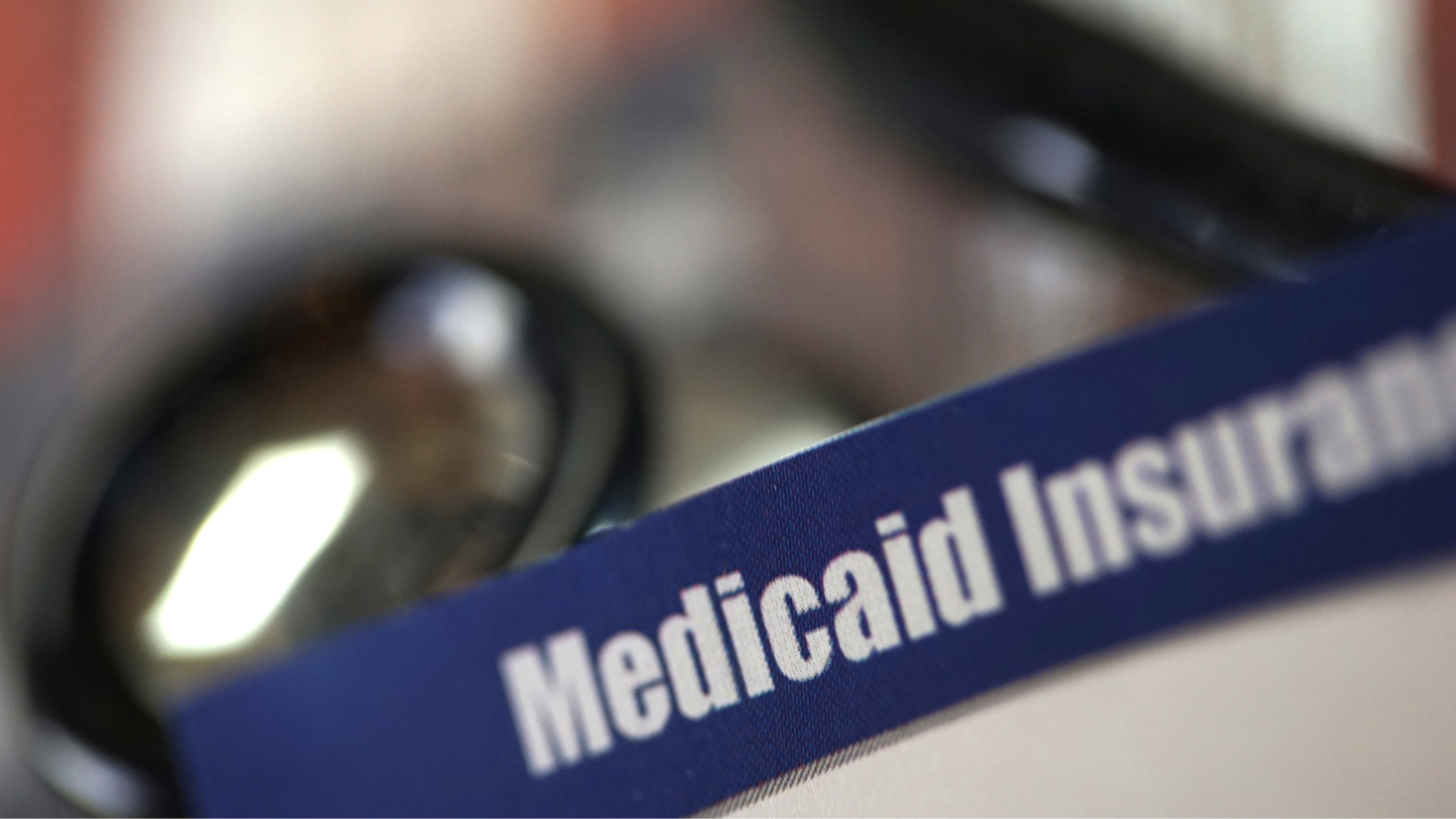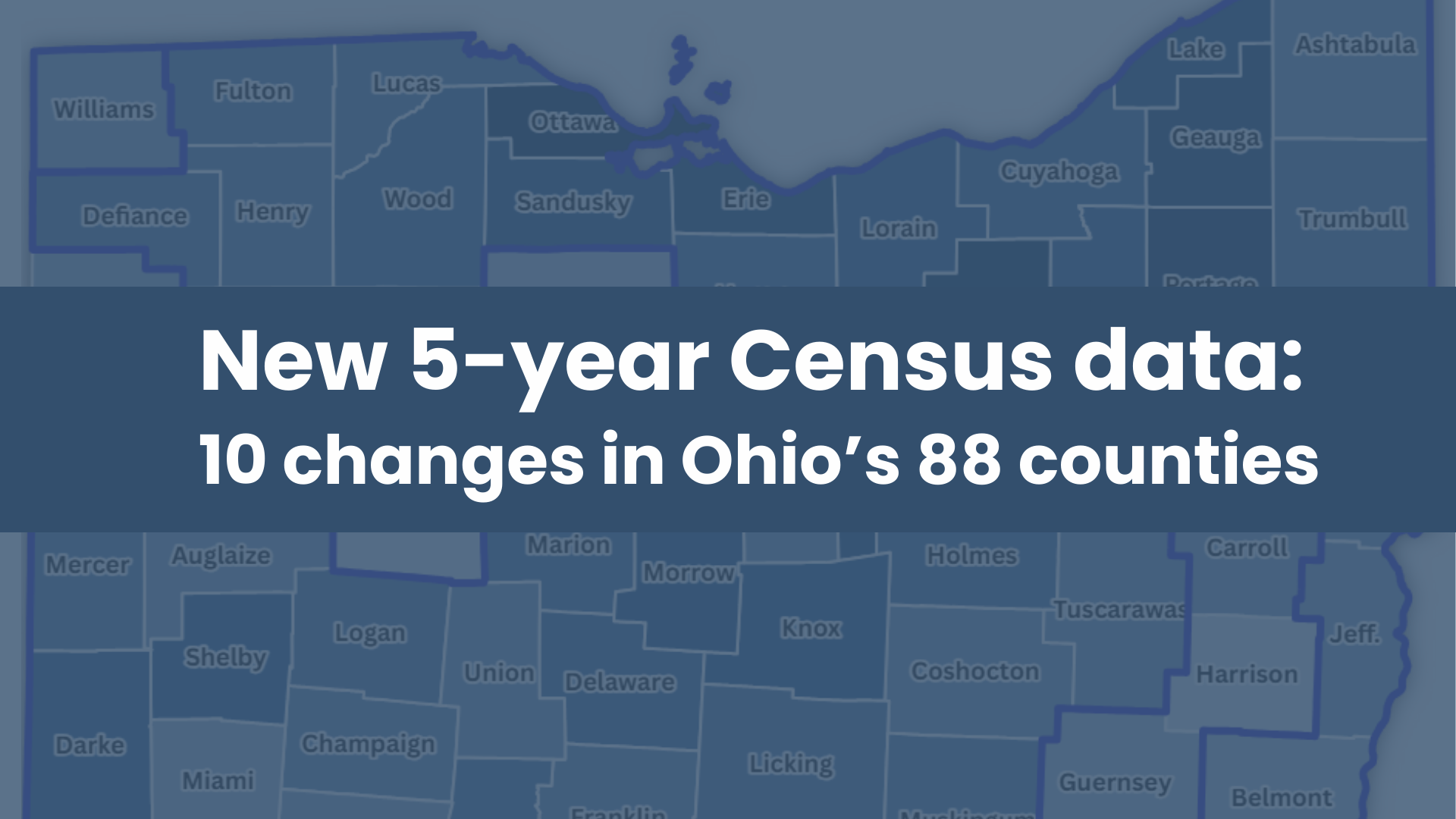The amazing team of the Center for Community Solutions has brilliantly provided advocacy, as well as written and oral testimony on numerous occasions on the matter of Maternal and Infant Health. What could I possibly write that would add any more value?
Part of my role is to share how the work we do at The Center for Community Solutions directly support with the communities I serve. After reading through blogs and watching my colleagues in action, I’m seconds away from telling the team, forget it, I cannot add anything else! But since we have not yet arrived at the ultimate goal of full support of moms and babies through expanding and diversifying the professional and ethnic makeup of the perinatal workforce, my two cents could not hurt. I hope.
On December 7, 2022, I watched the testimony by the CCS team to Ohio’s Senate Health Committee regarding. Still learning the value of doulas, I regarded it as an opportunity to learn how to support a pilot program that would continue to collect data on the value and success of doulas. Accepting this proposal could lead to coverage by Medicaid, therefore lifting the strain on mothers who could not afford this essential service. By the end of the testimony, though, I sat with a pit in my stomach, tears streaming from my eyes.
There was no doula guiding my journey.
In fact, my strength I do not question, especially since I know what it is like to give birth to a nine pound, twenty-two-inch-long baby, without so much as a Tylenol. As assertive as I am in my voice, most would be surprised to learn that on that day, no one in that hospital registered the excruciating pain I experienced. Thirty years ago, I was under the misinformed guidance that I should be calm, not complain, and do my best to “just push” out a whole human-being!
There was no doula guiding my journey. A doula might have provided a whole host of support that I missed in birth:
- 1. 1. Attention to physical comfort through techniques such as touch, massage and assistance with breathing.
2. Emotional reassurance, comfort and encouragement. Maybe I would have asserted my right to scream or at the very least…whimper.
3. Information about what is happening during labor, and the postpartum period, including explanation of medical procedures and the value of a birth plan. Maybe I could have advocated against the use of an episiotomy that held me incapable of other bodily needs after giving birth for an excruciating amount of days.
4. Help facilitating communication between mother and the hospital staff. Maybe I would not have had to fight so hard to get basic relief like ice packs.
5. Guidance and support for loved ones. Maybe trauma could have been minimized for my loving husband, since he had to watch our child struggle for the first breath while I hemorrhaged.
6. Assistance with breastfeeding. Most importantly, a doula could have provided continuous support during labor and delivery. Studies have shown that continuous support from doulas during childbirth is associated with: - 1. 1. A decreased use of pain medication during labor.
2. A decreased incidence of cesarean sections. This saves the state millions of dollars; according to the amazing statistics shared by the brilliant CCS team during testimony in December 2022.
3. A decrease in the length of labor I was among the lucky ones, done in 12 hours when others can go for 20, 30+ hours, or days.
4. A decrease in negative childbirth experiences; doulas can provide birthing power and choice to a birthing person to ensure their birthing plan is executed. Doulas ensure patients understand their risks and options to make informed decisions. My friends’ sister, who gave birth around the time I did, died during labor.
5. While doulas do not provide medical advice, nor can they change the clinical recommendations of a midwife or an obstetrician, they can give voice to a woman’s choices and add VALUED OPINION to the mix of decisions made while a woman is in labor.
What does a doula do?
When the questions during the aforementioned testimony focused on how much a doula could cook and clean for a mom, I was confused. The stories I have heard from women who had a caring team look after them pre, during and post labor that included a doula, never highlighted these tasks. I am not saying they do or do not provide such service. I am however, asserting that when I served as President and CEO of a non-profit organization, I drove, cooked and cleaned when all hands where needed on deck. In my journey, we recognize acts of humility as servant leadership, passionate and necessary service for people and mission. Surely, my leadership was not valued less or more for those times that I stepped outside of my greater duties of service.
Care might involve a few visits of an hour or two before labor; 12-40 hours during labor and again 2-4 visits of one or two hours post labor.
Perhaps the number of hours each woman would need a doula is important to calculate costs, but surely it is a difficult number to specifically name because each experience is so unique. However, if that is what is holding this up, we can estimate a possible scenario. Care might involve a few visits of an hour or two before labor; 12-40 hours during labor and again 2-4 visits of one or two hours post labor. For the LIFE of a mother and child, who we know need most support, the calculation while not perfect, I would hope serves as a critical investment worth our attention. The pilot project proposed with this bill could provide additional data and clarity.
Doulas are part of comprehensive birth and post-partum care
The most relevant fact is that a person who brings life into this world is facing one of the most delicate and essential acts a human can perform. The services of doulas as part of a comprehensive care model for all could be most valuable; and coverage for the cost of such services by Medicaid would be available to those who could not otherwise afford it.
That said, it is also a predominant fact that women of color, especially Black women and their children, are at greatest risk when giving birth. It has become commonly well known that Black infants are 2.7 times more likely to die than white infants are. Infant mortality for Black children is 13.6 per 1,000 live births compared to 5.1 per 1,000 live births for white women.
In Ohio, Black women are two and half times more likely to die of a pregnancy-related death than white women are.
In Ohio, Black women are two and half times more likely to die of a pregnancy-related death than white women are. It becomes tragically even more dangerous for Black women who are aged 30 years or older, as they are 4 to 5 times more likely to die in childbirth than white women are. Finally, perhaps the most surprising stark fact is that these numbers affect Black women regardless of economic status.
Bringing life into this world remains one of my greatest accomplishments, and I love being a mother. Gone are the days I wish I could have mothered more, and I find renewed purpose in my avid commitment to serving as a mentor. In my cup-half-full mentality, I wish we had avoided the great source of pain and trauma I faced in my birth experience, but I am still thankful. I survived, but I hold heartache for all who have lost their lives or their loved ones, and all those who may still perish if we don’t pursue solutions.
We must come to terms with, and act against, the many inequalities that exist in the care of women of color, especially Black women, while giving birth. It will take humility, compassion and great courage to address that we have wronged Black women’s care and we should repair such damage on behalf of humanity.
“I am because we are, therefore I am…” Ubuntu!
Sources:
- Village of Healing: A Beacon of Hope By Taneisha Fair February 20, 2023www.communitysolutions.com/village-of-healing-a-beacon-of-hope/
- Latest Ohio Department of Health infant mortality report: crisis and disparities remain. By Multiple Authors: Hope A. Lane-Gavin and Natasha Takyi-Micah September 26, 2022www.communitysolutions.com/latest-ohio-department-of-health-infant-mortality-report-crisis-and-disparities-remain/
- Prioritize Black and brown women when addressing maternal mortality and morbidity. By Tara Britton May 31, 2022www.communitysolutions.com/prioritize-black-brown-women-addressing-maternal-mortality-morbidity/
- Doulas play crucial role in maternal health By Hope A. Lane-Gavin January 4, 2021www.communitysolutions.com/doula-critical-role-maternal-health/







